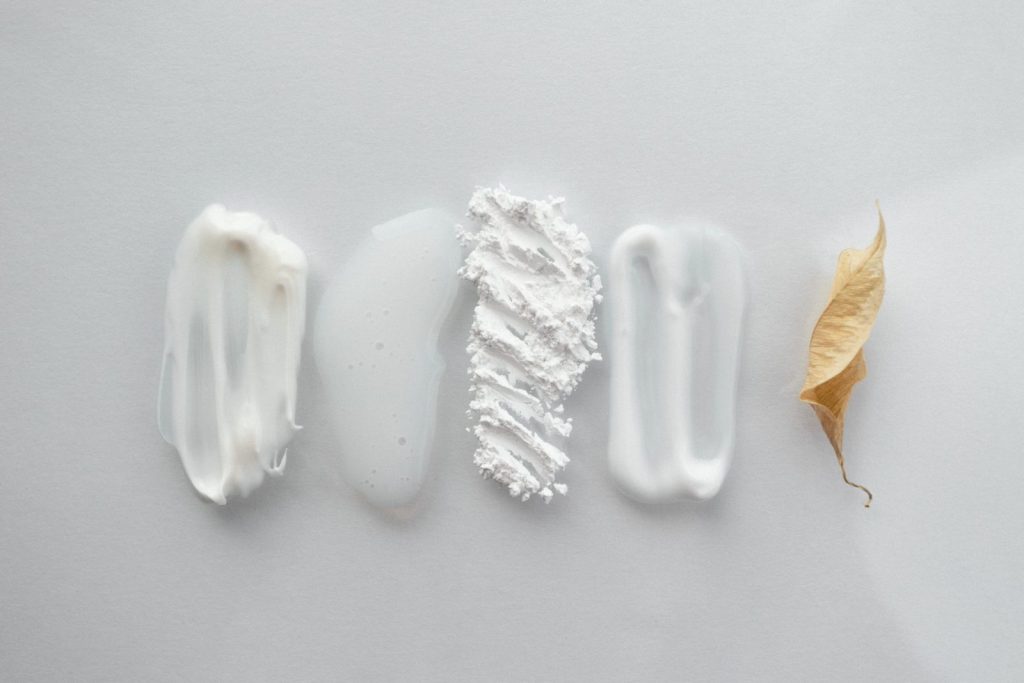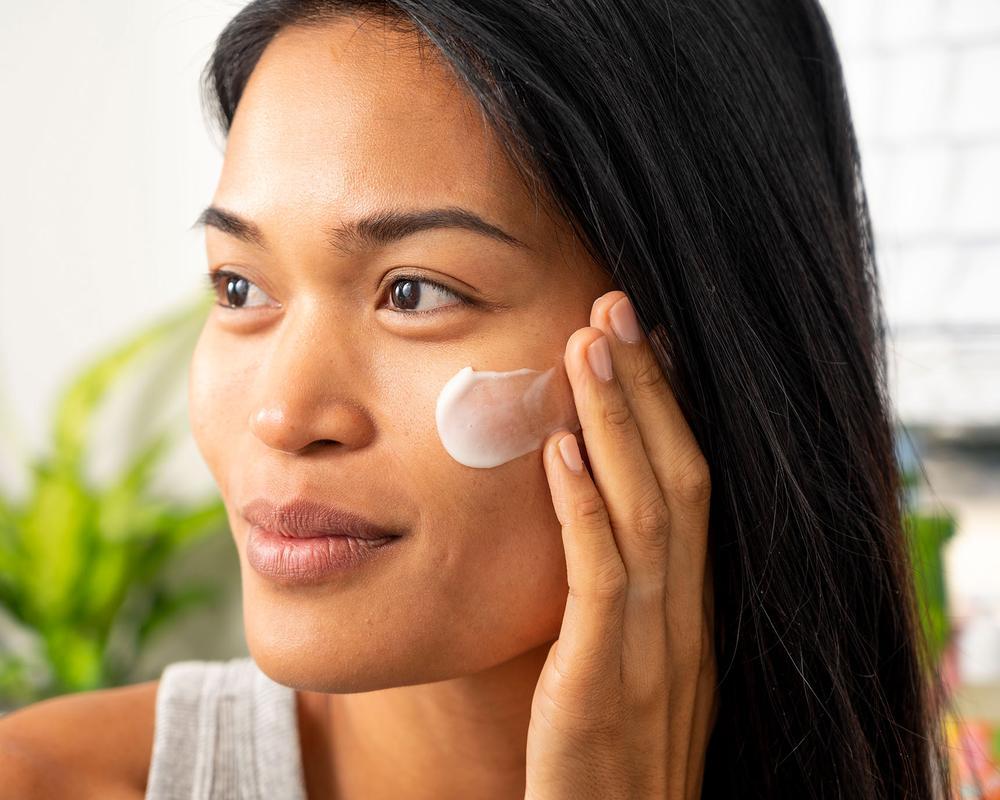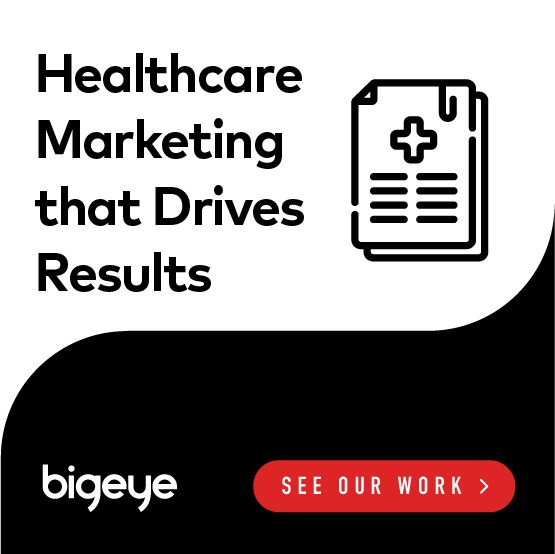
As the anti-aging product market continues to expand rapidly in the coming years, it’s time to get your anti-aging marketing strategy in shape.
Throughout history, nobody has looked forward to getting old, loosing their looks, and declining in health. In the modern, high-tech era, however, people are more youth-obsessed than ever.
In effort to capitalize on our growing need to look and feel young, more and more companies are releasing skin creams that erase wrinkles, sprays that eliminate dark circles from around the eyes, and other products that promise to turn back the clock on the aging process.
A Rapidly Growing Market
According to the Anti-Aging Products Market’s Global Anti-Aging Products Market research report, the anti-aging products market will reach a compound annual growth rate (CAGR) of nearly 7% by 2023. Global Cosmetic Industry Magazine (GCI Magazine) echoes this prediction, estimating a 5% CAGR for anti-wrinkle product market through 2027, which would make wrinkle cream a $12.8-billion industry.

Developing an Effective Anti-Aging Marketing Strategy
Here are a few tips to help you make the most of the rapidly expanding anti-aging sector:
1. Concentrate on the right market for your anti-aging product
GCI Magazine identifies the best anti-aging product markets worldwide as the Asia Pacific, North America, and Europe. When it comes to specific countries, however, research analyst Amir Shaikh identifies the United States as the single biggest market for anti-aging products, devices, and services.
Anti-aging product marketers would also be wise to consider a both sexes when choosing appropriate outreach strategies. In the words of Forbes senior contributor Andria Cheng, men are becoming increasingly “style-conscious,” engendering a growing market for male anti-aging skincare.
2. Stress scholarship and science
As reported by the daily business and tech newsletter Trends, Harvard professor David Sinclair echoes the sentiments of his fellow anti-aging researchers, declaring that the makers of anti-aging products have gone from empty promises to a serious industry. In short, modern science has us living (and maintaining healthy bodies and minds) longer than ever before.

In light of this, marketers should tout the scholarship and science that underlie their various anti-aging products. Trends quotes Life Biosciences CEO Mehmood Khan, who stresses the fact that technology, academia, and medicine blend seamlessly with commerce in the anti-aging sector. “Gone are the days where you’re a businessman or engineer or academic,” says Khan. “In the modern age, those lines are blurred and rightly so.”
3. Build your brand to excel
Any college undergraduate who has taken “Marketing 101” can tell you that building an effective brand is essential for every modern company. But, for companies in the anti-aging market, branding is particularly important. Based on its analysis of current trends, GCI Magazine predicts that companies that establish prestige/premium brand associations will fare far better in the anti-aging market. People are also looking for clean anti-aging brands that promise organic, chemical-free, and naturally sourced ingredients.
In order to drive home these values, companies may want to consider tying their brand to an appropriate and worthy celebrity spokesperson. GCI Magazine reports that “celebrity endorsements will have a major influence over consumers purchasing anti-wrinkle products.” Just take care to ensure that your chosen celebrity affiliations reflect the underlying values and qualities of your products.
Contact Bigeye to learn more
A forward-thinking digital marketing firm Bigeye has the know-how to develop campaigns that are optimized for specific and emerging business sectors. If you’re ready to take advantage of the rapidly expanding anti-age product market, contact us today.



